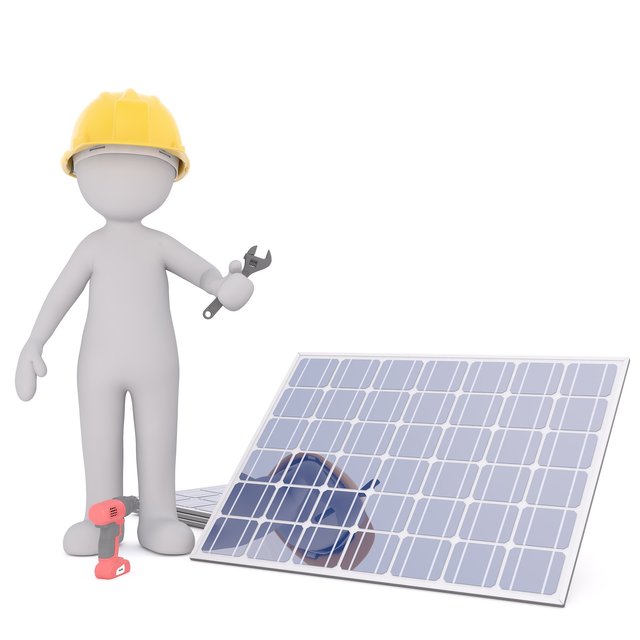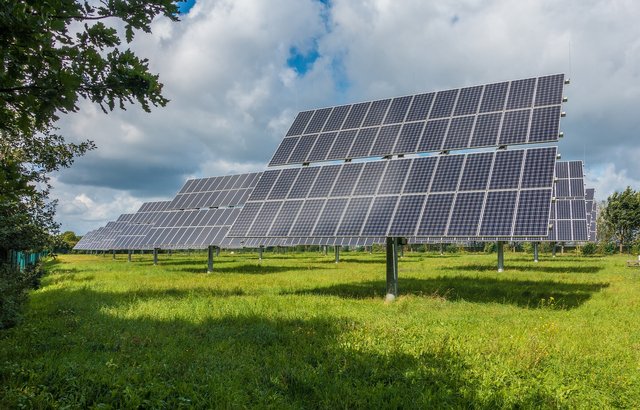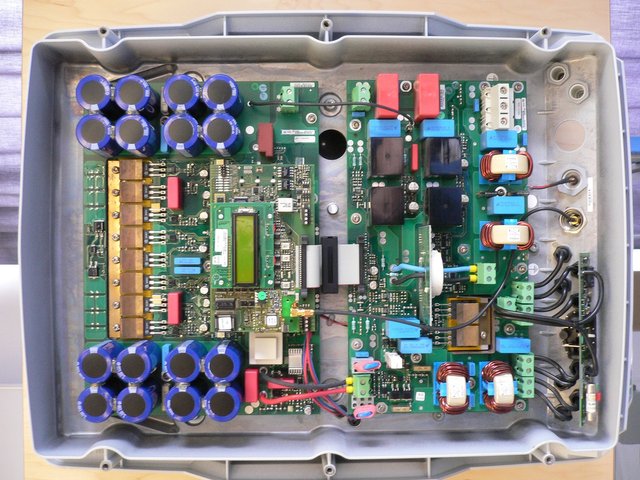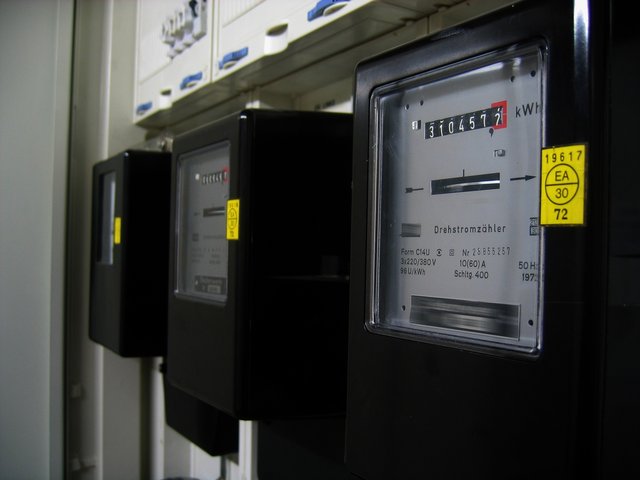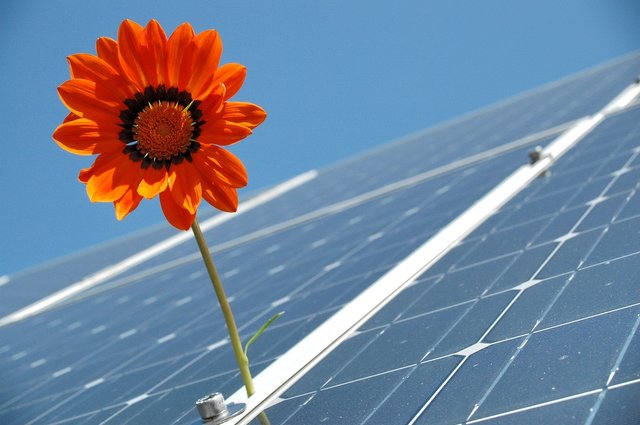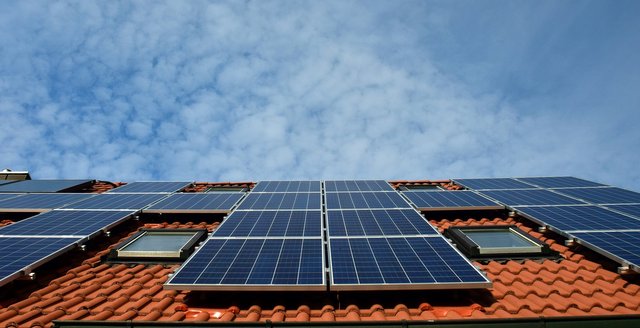"Bismillahir Rahmanir Rahim"
Photovoltaic cells found in solar panels:
Any solar power system's brain comprises solar panels, usually called photovoltaic (PV) panels. The photovoltaic effect is used by these panels' many photovoltaic cells to transform sunlight into direct current (DC) electricity. Semiconductor components found in each cell, including silicon, emit electrons when exposed to sunshine.
Inverter (Converter): Although solar panels produce direct current (DC) electricity, most households and businesses use alternating current (AC). The inverter is in charge of converting the DC electricity generated by the solar panels into AC electricity, which can subsequently be utilized to power electrical devices like lights, appliances, and other equipment.
Batteries (Energy Storage): While solar panels provide power while the Sun is shining during the day, there is a requirement to store extra energy for usage at night or on overcast days. Lithium-ion batteries, for example, store this extra energy and release it when demand outpaces solar output. Energy storage systems improve the self-sufficiency of solar arrays.
Charging Device (Charge Controller): In battery-powered systems, the charging device, also called a charge controller, controls how much electricity is sent from the solar panels to the batteries. By preventing overcharging and improving battery charging efficiency, it increases battery life.
Metering System (Net Metering): Net metering is a billing structure that enables owners of solar power systems to get paid for the extra electricity they produce and give back to the grid. To ensure that contributions to solar power are billed and paid for appropriately, metering systems monitor the energy moving to and from the grid.
Monitoring and Control System: Many solar power systems have monitoring and control features that let customers keep tabs on the efficiency of their solar panels, energy output, and battery condition. These systems offer real-time information enabling users to monitor their overall health and optimize their energy usage.
Benefits of a Complete Solar Power System
Energy independence: By producing electricity, you lessen reliance on conventional energy sources and the costs involved.
Benefits for the Environment: Solar energy is clean and renewable, lowering carbon emissions and adverse environmental effects.
Cost Savings: Using solar energy over time can save energy bills, especially with incentives and falling panel prices.
Resilience is improved through energy storage devices, which offer a backup power supply during blackouts.
Problems and factors to think about
Initial Investment: Purchasing and installing solar panels and related equipment can involve a significant up-front investment.
Location and Efficiency: Since the production of solar power depends on sunshine, factors such as the system's location, the climate, and the amount of shade can all affect how efficient it is.
Energy Storage Costs: Battery storage systems can add to the initial cost, but declining battery prices make this alternative more accessible. Maintenance: While solar panels have modest maintenance needs, occasional cleaning and monitoring are essential to ensure optimal performance.
Solar power systems' potential future: The future of solar power is shaped by battery storage, energy management, and solar technology developments. The dependability and viability of solar power systems will continue to increase with the development of more effective solar panels, more durable batteries, and better control systems. Solar energy will become increasingly important as these technologies advance, helping to create a more resilient and sustainable future.
"Newcomer's Community" Achievement Verified Link :
🎀Thank you🎀.

